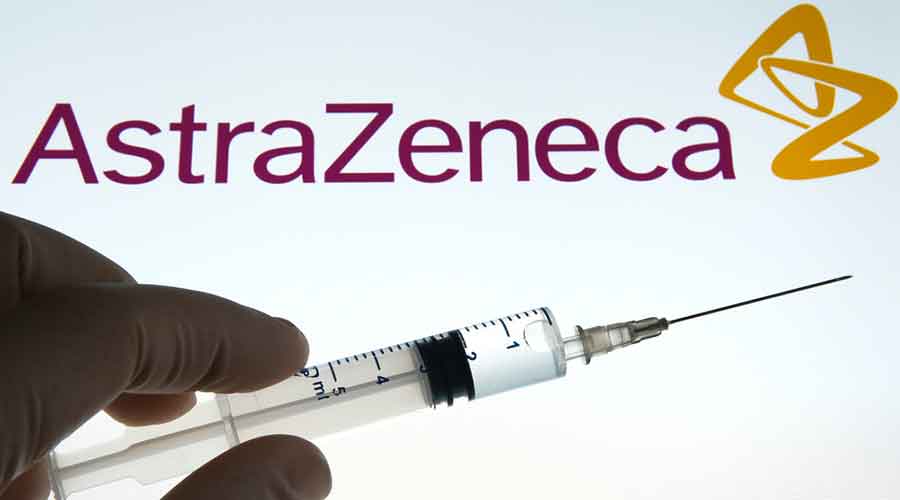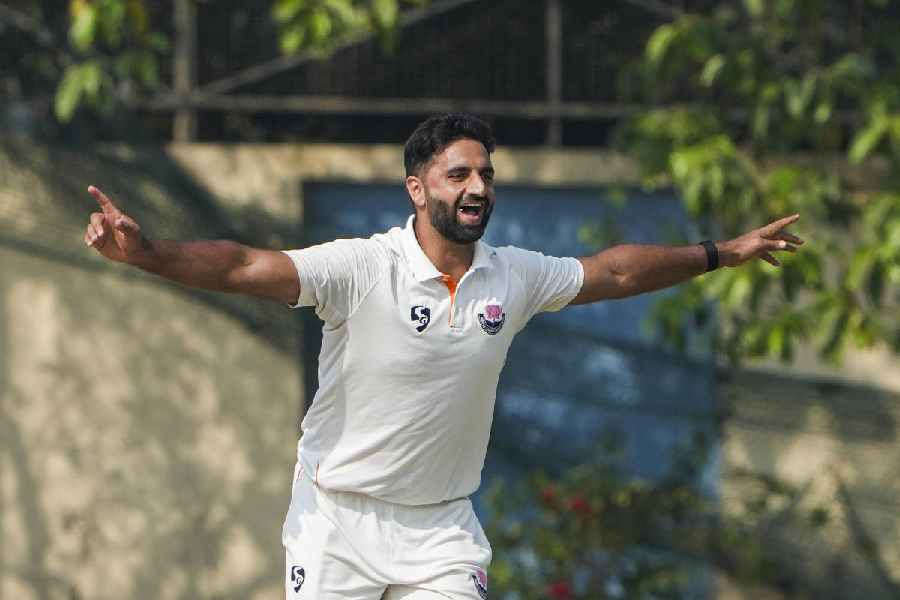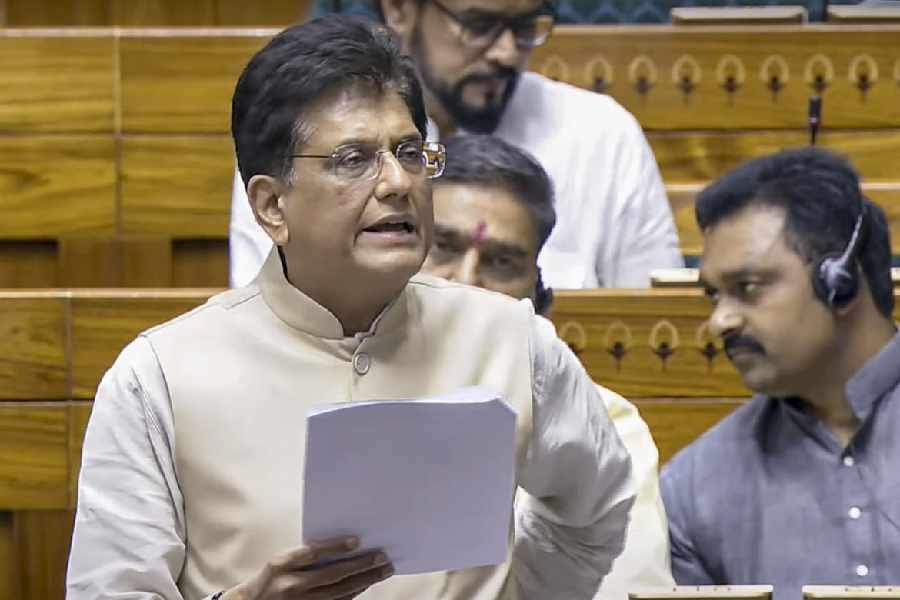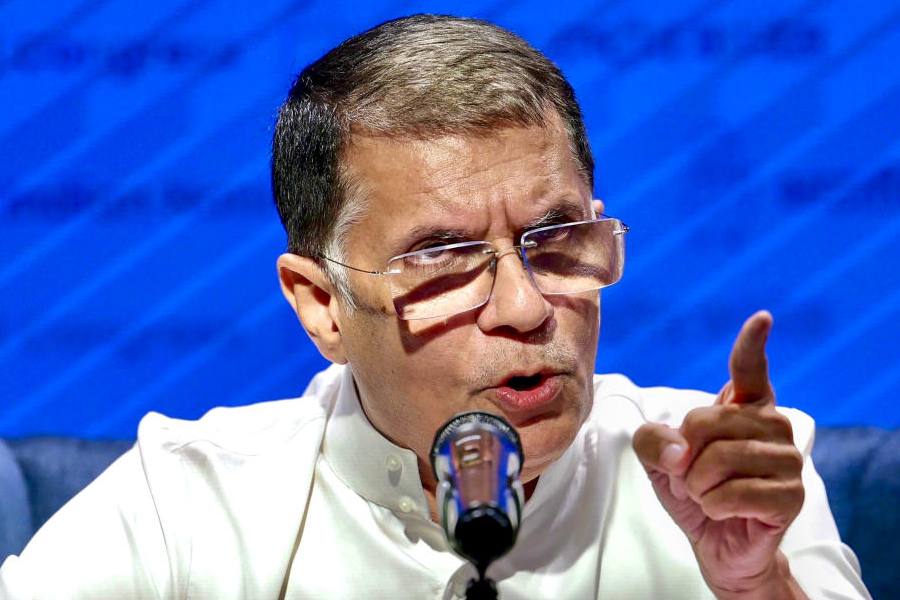Misleading claims on the efficacy of Covid-19 vaccines have emerged from top government health officials amid a plea via Twitter by Union health minister Harsh Vardhan urging people not to spread rumours about the vaccines.
The government officials, including two doctors, have made claims about both the AstraZeneca-Oxford vaccine manufactured in India by the Pune-based Serum Institute and the home-grown vaccine made by the Hyderabad-based Bharat Biotech that medical experts say are misleading.
The experts say it is unclear whether the misleading information reflects poor understanding of vaccine efficacy or signal efforts to douse concerns among some experts that India’s drug regulatory authority has approved the restricted emergency use of two vaccines with limited data.
“Some of the claims made are not really evidence-based, but likely reflect wishful thinking,” said Satyajit Rath, a senior medical immunologist and adjunct professor at the Indian Institute of Science Education and Research, Pune.
Harsh Vardhan had tweeted on Sunday: “For those spreading rumours, let it be known that the EUA (emergency use authorisation) for Covaxin (the home-grown vaccine) is differently conditional — in clinical trial mode.”
Referring to tweets by Congress leaders Jairam Ramesh and Shashi Tharoor about the approval to Covaxin without efficacy data, Harsh Vardhan responded: “Disgraceful for anyone to politicise such a critical issue… don’t try to discredit well laid out science-backed protocols followed for approving #COVID19vaccines. Wake up & realise you are only discrediting yourselves!”
‘Equal’ efficacy
Earlier on Sunday, the health ministry itself circulated a video with comments on Covid-19 vaccines by Randeep Guleria, director of the All India Institute of Medical Sciences, New Delhi.
In one observation, Guleria is recorded as saying: “The vaccines introduced in India will be as effective as any vaccine developed by other countries.”
Rath and other experts point out that the available data from clinical trials should be considered interim and efficacy values could change over time.
Yet, even the current values are significantly different for different vaccines — over 94 per cent for the Pfizer and Moderna vaccines, over 90 per cent for Russia’s Sputnik V vaccine, and 62 per cent for the AstraZeneca-Oxford vaccine in one dose regimen and 90 per cent in another dose regimen.
Guleria did not respond to a query from this newspaper asking what he had meant by equal efficacy.
AstraZeneca ‘70%’
On Sunday, India’s top drug regulator V.G. Somani, announced through a written statement the approval of the AstraZeneca-Oxford vaccine called Covishield, and Covaxin.
Somani’s statement puts Covishield’s efficacy at 70 per cent. But researchers say this 70 per cent efficacy is a statistical average obtained by pooling results of two dosing regimens — a two full-dose regimen with 62 per cent efficacy and a half dose followed by a full dose regimen with 90 per cent efficacy.
If the regimen approved in India is a two full-dose regimen, a researcher said the 62 per cent efficacy would have been the correct value to cite. Somani did not respond to a query from this newspaper asking the use of the higher efficacy value.
Emerging variants
Some government researchers, including minister Harsh Vardhan, have claimed the home-grown vaccine is better suited to help fight emerging coronavirus variants. “Covaxin is more likely to work against newer variants like the (fast-spreading) UK variant and any other that may arise due to” genetic changes, minister Vardhan tweeted.
But scientists say this is a hypothetical possibility without evidence yet to support it.
“I would call this wishful expectation,” Rath said. “The best way to prove this would be to measure Covid-19 infections in people who’ve received the vaccine and show that the proportion of the new variant is significantly smaller in this group than among people who’ve received other vaccines.”
However, a top official with the Indian Council of Medical Research said laboratory experiments in cells to determine the efficacy of Covaxin against the UK variant have already begun at the National Institute of Virology, Pune.










